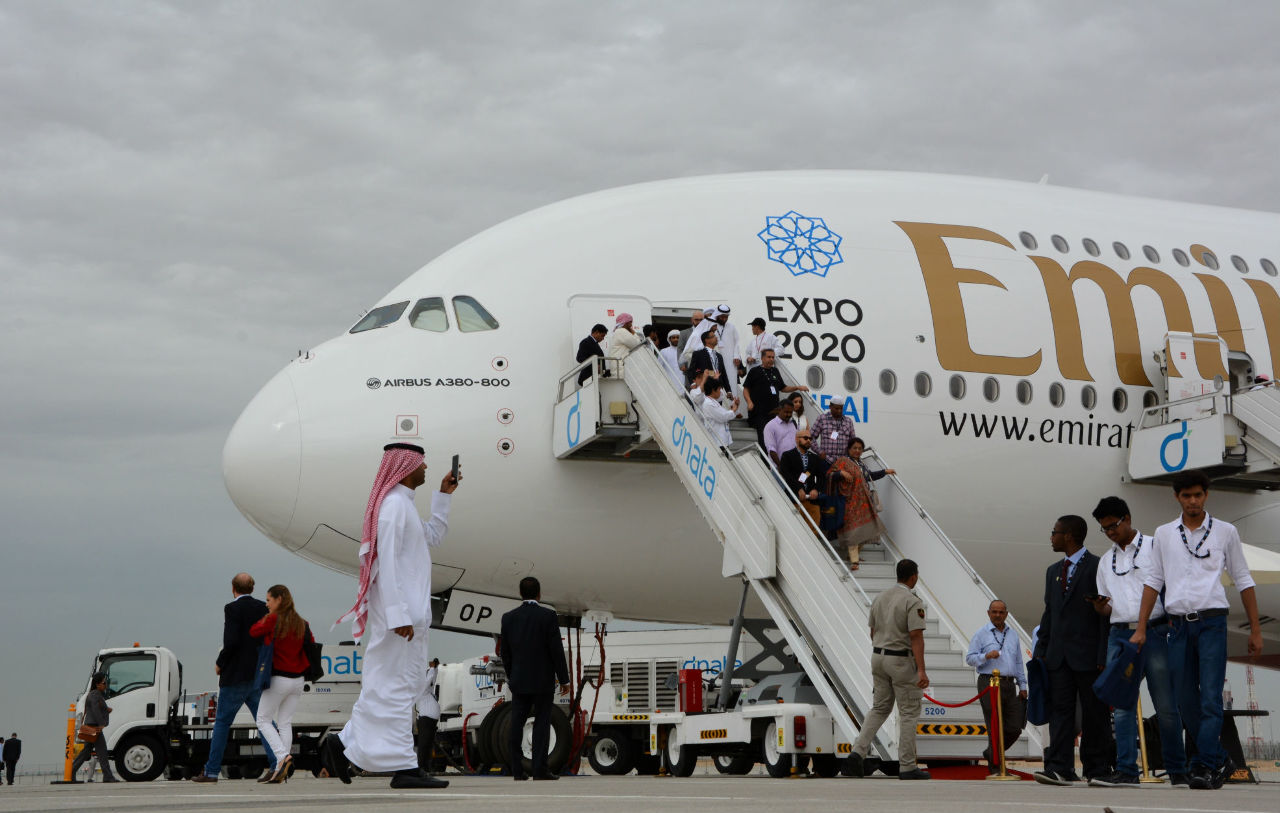In an exclusive interview with our sister publication, French aerospace weekly Air&Cosmos, Patrick Ky, the Executive Director of the European Aviation Safety Agency (EASA), discussed a range of issues including relations with China, the Gulf states and Iran.
On China, he declared that relations were more complicated than with some other countries: "The Chinese already have [aviation] products and true ambitions. They are going to want to go fast and to be treated on the same level as the U.S. We can expect to see political and commercial pressure. The important thing, of course, is competence, but also political independence."
Asked about relations with the Gulf States, he said: "Relations are excellent. For example, we have launched a regulatory convergence process with the Emirates, to ensure that the regulatory framework for their personnel is the same as in Europe. The same thing for aircraft maintenance and operating conditions. The same convergence is under way in Turkey. In terms of safety, these countries are completely aligned with Europe, and I can assure you that there is no competitive distorsion on this point. Their credibility is on the line. However, I am much more concerned about countries like Malaysia or Indonesia, where the regulatory framework is not coherent, where traffic is increasing and where the authorities are weak. With the support of the European Commission, we are trying to help them, e.g. through training, since we have to protect our tourists travelling in those parts of the world.”
On AESA's influence internationally, he commented: "There are two global references: AESA and the FAA. We are probably more attractive, as we are less centralised. We are more open to cooperation, particularly with industry and between countries. Which is why our standard has been very successful. Southeast Asia has adopted the European baseline, as has part of South Asia (Sri Lanka, Maldives, etc.) and Central America (Honduras, Panama ...). Even Iran has announced its intention to adopt our baseline, which is a nice surprise, considering that we have never had any contact with them. We are setting up technical cooperation programmes to enable these countries to organise themselves. We are also training managers and engineers and helping them to implement our baseline. It is working very well, and it is clearly very good for our industry, which finds in those countries a recognised framework with which they are familiar."
Patrick Ky was interviewed by Benoît Gilson.

